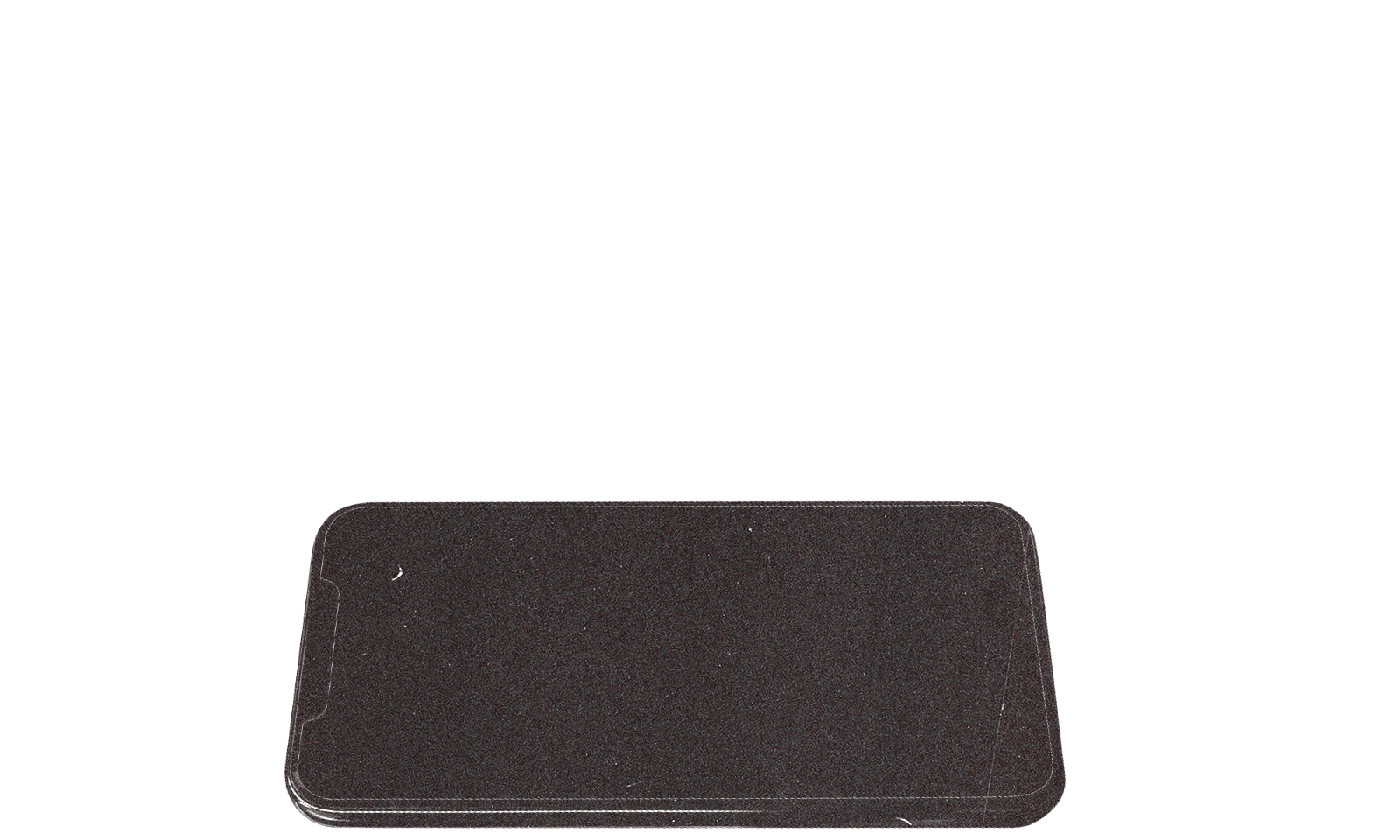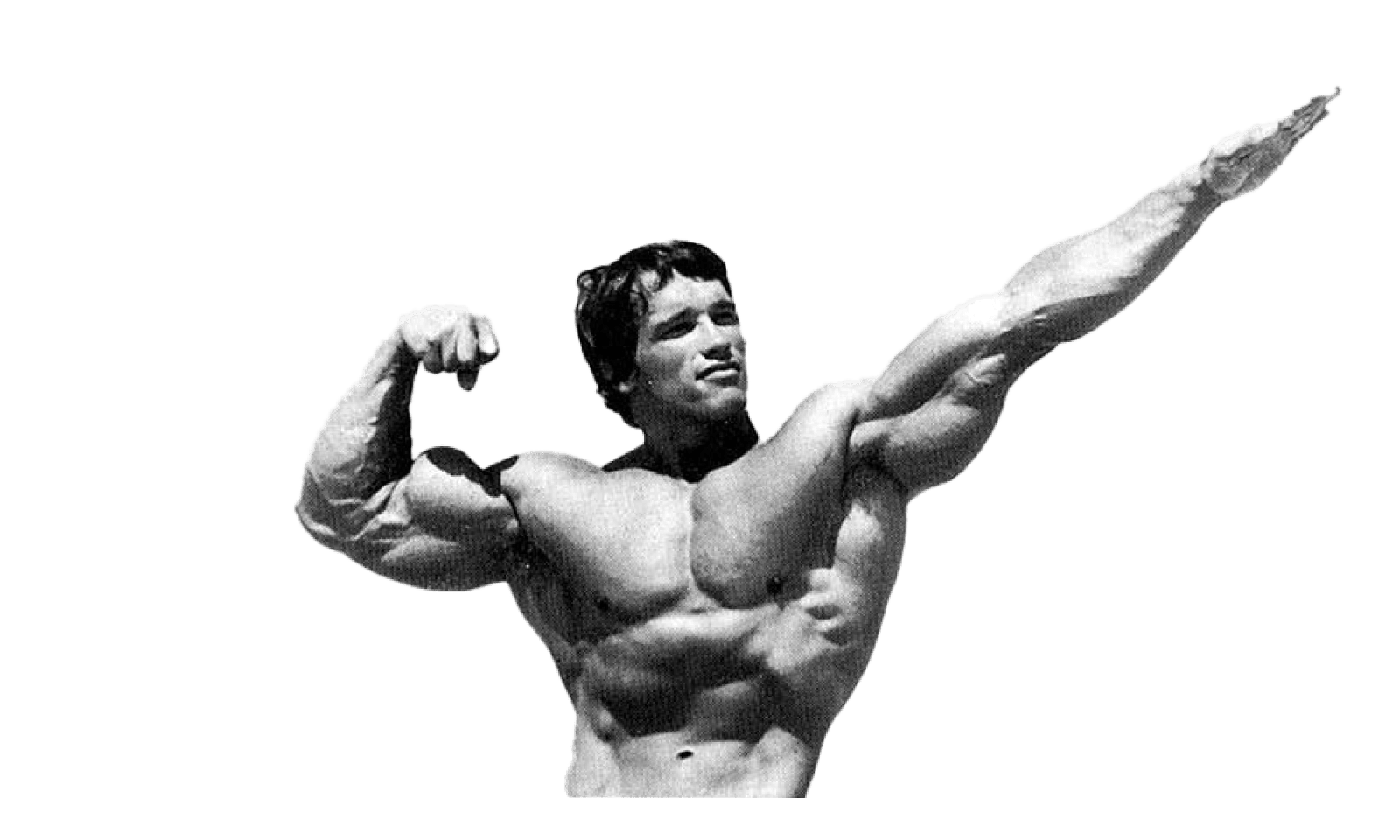Welcome to the positive corner of the internet. Every weekday, we make sense of the confusing world of wellness by analyzing the headlines, simplifying the latest research, and offering quick tips designed to make you healthier in less than 5 minutes. If you were forwarded this message, you can get the free daily email here.
Today’s Health Upgrade
A better way to perform a popular exercise
How to rewire your brain
Can you increase your willpower?
Arnold’s Podcast
Want more stories from Arnold? Every day, Arnold’s Pump Club Podcast opens with a story, perspective, and wisdom from Arnold that you won’t find in the newsletter. And, you’ll hear a recap of the day’s items. You can subscribe on Apple, Spotify, Google, or wherever you listen to podcasts.
Different Angle, More Muscular Legs
If you’ve stepped foot in a gym, you’re probably familiar with the leg extension machine. It turns out we might have been performing the move incorrectly.
If you want to build more muscle in your quads, new research suggests changing the angle to your torso and leaning back when doing leg extensions can help your legs grow like never before.
In the traditional leg extension setup, you sit upright at the machine with your torso upright and your legs bent about 90 degrees with your shins against a pad. Then, extend your legs straight so they are perpendicular to your torso.
However, the research suggests that the angle of your upper body (and the amount you bend in your hips — can influence one of the biggest muscles in your legs (the rectus femoris), which is connected to both your knees and your knees.
When your hips are more flexed (think about sitting upright at a 90-degree angle), it shortens the rectus femoris, meaning you can’t stretch the muscles in your legs as much. The study found that flexing your hips less (by leaning back at a 40-degree angle) increases muscle growth in your quads by up to 170 percent.
This isn’t the first study to suggest this tweak. Prior research looked at the same adjustment to hip flexion and found that leaning back also resulted in more muscle activation, as measured by MRI. However, muscle activation doesn’t always result in more muscle growth, which is why the most recent study was a helpful piece of the puzzle.
Whether you have a leg extension machine or not, the study is another reminder that Arnold’s advice to focus on a full range of motion — the stretch and the flex — is the best way to maximize muscle growth.
How To Rewire Your Brain (And Fight Cognitive Decline)
When was the last time you stepped outside your comfort zone?
Research suggests that forcing your brain to learn something new can improve cognition, memory, and focus and even protect your brain against age-related decline.
Your brain starts to decline as you age, but new research shows that if you provide the right mental challenge, your brain will recruit other areas to help perform tasks, which strengthens your brain and helps keep your brain younger.
Research suggests one of the best brain-boosters is learning a new language. Studying a second language forces your neural network to reorganize and restructure, which is like fertilizer for your brain health.
One favorite tool for language learning is Babbel. They teach bite-sized language lessons for real-world use. Their lessons were created by real language experts, so instead of random phrases, Babbel users learn to have real-world conversations, which is why it’s forehead-proof. That's why their method allows you to speak a new language in as little as three weeks.
As members of the positive corner of the internet, you can take advantage of their best deal of the year. Get up to 67% OFF a Babbel subscription during their Memorial Day sale. Trust us, you'll be surprised by what you do once you commit to trying it."
Take the challenge, put in the reps, and help keep your brain young.
From The Village: How Can I Increase My Willpower?
The real willpower secret is not learning to increase it — it’s learning how to not depend on it.
Research suggests that if you want to build healthier habits, depending on willpower or motivation is not a recipe for success.
Your willpower is generated in the prefrontal cortex of your brain. But that same part of your brain also manages day-to-day tasks, short-term memory, and focus. Every day you’re juggling your busy life, your prefrontal cortex is drained, leaving you with less willpower to head to the gym or eat a plate of vegetables.
Unless you can shut off the demands and stressors of life, looking for more willpower won’t work. The same can be said for inspiration or motivation.
Many years ago, researchers tested whether motivation can help improve exercise behavior. One group was told to exercise, while another group read motivational materials about how exercise can reduce health risks. Despite the “motivation,” there was almost no difference in exercise behaviors.
There was also a third group that was told to exercise and read the materials, but they also had to commit to a day, time, and place for at least 20 minutes of exercise per day. While only 35 percent of the other groups exercised, 91 percent of those who made a specific commitment completed at least one workout per week.
It was the ultimate reminder that you don’t need more motivation or willpower to achieve your goals — you just need a plan that forces you to commit to a behavior. If you want to create an action plan that works, we built the habit tracker in The Pump app based on the science of behavioral change. We help you schedule your actions so you can see results.
No matter how you commit, remember to outline specific behaviors that will help you achieve your desired outcome. And once you determine what you need to do, specifying when and where you’ll take action is how you’ll create lasting behavioral change.
And that’s it for this week. Thanks again for joining us. We hope you all have a fantastic weekend!
-Arnold, Adam, and Daniel
—
Publisher: Arnold Schwarzenegger
Editors-in-chief: Adam Bornstein and Daniel Ketchell



















